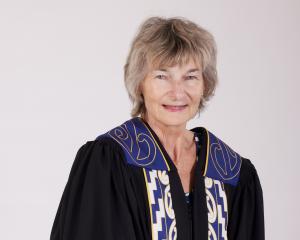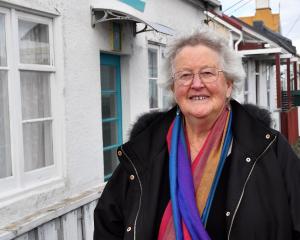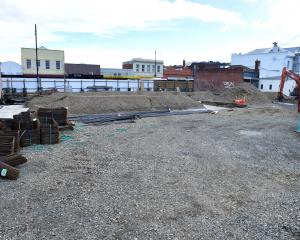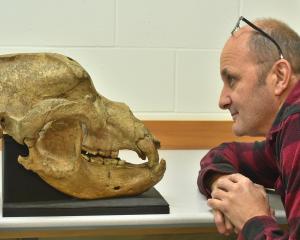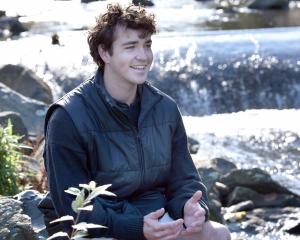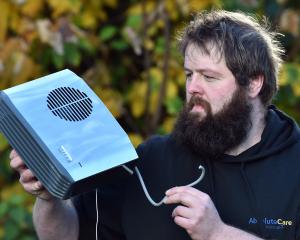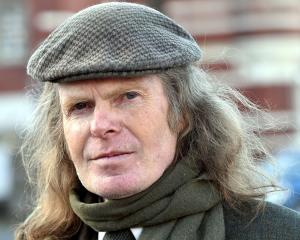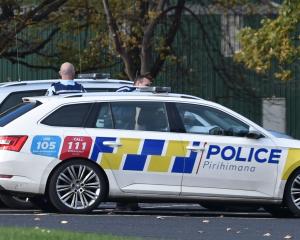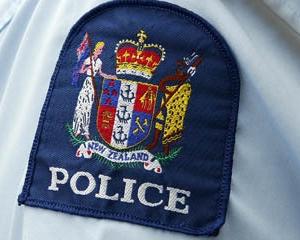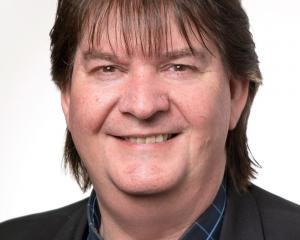Twenty years ago today, al Qaeda terrorists hijacked four commercial jets, flew two into New York’s twin towers, one into the Pentagon and the fourth crashed in rural Pennsylvania. By the end of the day, more than 2940 people were killed, including 836 firefighters, police officers and other emergency personnel.
Reporter John Lewis speaks to three Dunedin residents about the impacts of the devastating day that changed the world forever.
Documentary maker Bill Morris can still see and hear the anguish of some of the survivors.
He was in charge of post production of an NHNZ documentary which commemorated the 10th anniversary of the 9/11 attack, and edited the raw interviews of 12 survivors - some of the footage too gruesome to include in the film.
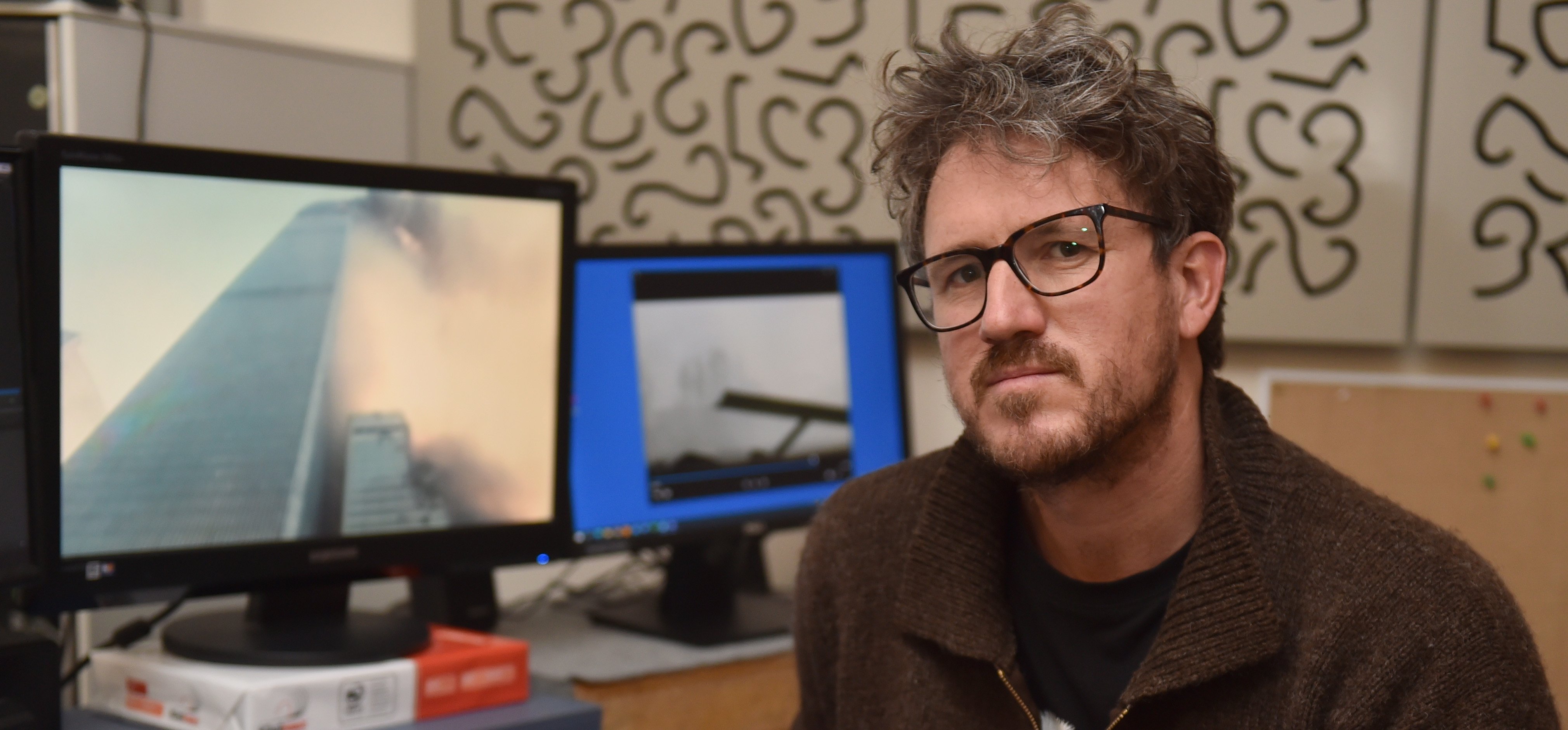
‘‘The accounts that we recorded were very graphic and quite confronting.
‘‘There were images on that day that they talked about, that I won’t forget — and I was just hearing it second-hand.
‘‘It was horrific what happened there and I don’t think we’ll ever grasp what it would have been like to be there.
‘‘It still affects me in some way.’’
Mr Morris said he still thought about some of the survivors in the interviews — particularly yesterday.
‘‘There was a guy who managed to get out of the tower and then it collapsed on top of him.
‘‘And there was a firefighter who was still very clearly traumatised by what he had seen.
‘‘A lot of his testimony still sticks with me. We didn’t put a lot of it in the show, just because it was so horrific.
‘‘It showed what people would do when confronted with that kind of scenario — people jumping out of the towers.
‘‘Certainly around this anniversary, I do think about those people and how they’ve managed to carry on with their lives.’’
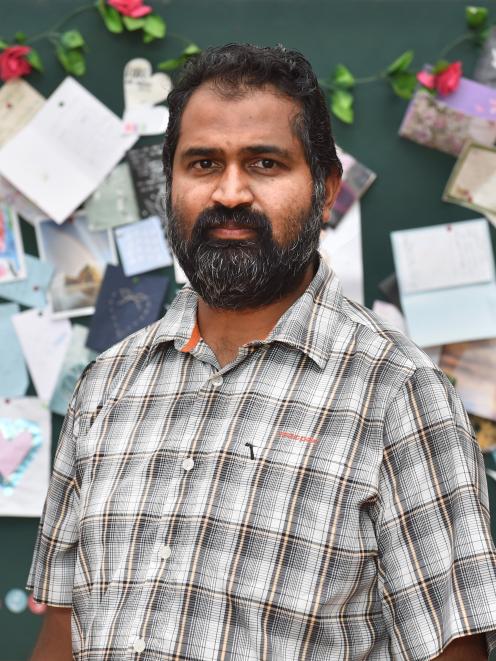
For a long time after the attack, he and fellow Muslims lived in fear of being attacked.
‘‘Muslims were looked at like criminals, just because some group of individuals carried out this heinous act, apparently in the name of Islam.
‘‘We were generalised, just about all over the world, as terrorists, which is not true, because as Muslims, Islam teaches us peace.
‘‘Our lives pretty much got turned upside down.’’
Muslims had to be on the defensive and justify their religion, he said.
Since then, education meant most Kiwis understood Islam and that it did not promote terrorism.
He said support from across New Zealand after the Christchurch mosque attacks had shown that.
The recent terror attack at Auckland’s New Lynn Mall showed how fragile the community was.
‘‘It just brought everything back to Muslims. Within the week, you can see people on social media saying we are extremists.’’
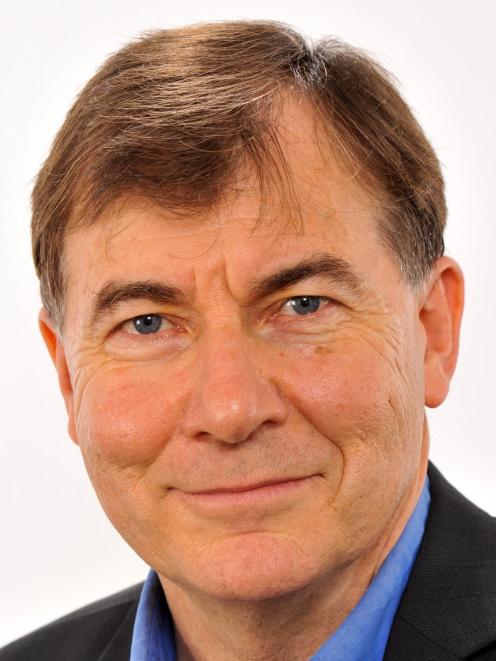
It could have helped put an end to terrorism, but the opportunity was missed.
He said the American response, at first, seemed quite promising.
‘‘Within 24 hours, the United Nations Security Council authorised action that would bring those responsible to account, and there was a groundswell of international support for the United States.
‘‘It was a successful operation which saw the Taliban overthrown, who had hosted al Qaeda in their country, and we saw many of al Qaeda’s training camps decimated.’’
However, he said the problems began when President Bush expanded the parameters of the war on terror to include Iraq. Iraq had nothing to do with 9/11, and the American invasion of Iraq was not supported by the UN Security Council.
‘‘There was an evaporation of international support.
‘‘Al Qaeda actually got a foothold for the first time in Iraq, following the US invasion.
‘‘The Taliban had taken advantage of America being distracted and absorbed by the invasion of Iraq, and they managed to regroup and re-emerge as a potent fighting force in 2006.
‘‘It was a missed opportunity. It had long-term consequences, not least, the emergence of Islamic State.’’
He said the New Lynn attack showed we were no closer to abolishing terrorism than 20 years ago.
‘‘In horizontal terms, we have the proliferation of Islamist extremist groups. Just as disturbingly, we also have the emergence of violent white supremacist terrorists.
‘‘The US-led campaign against terrorism has faltered. There’s not too much to show for it, in terms of results.’’

